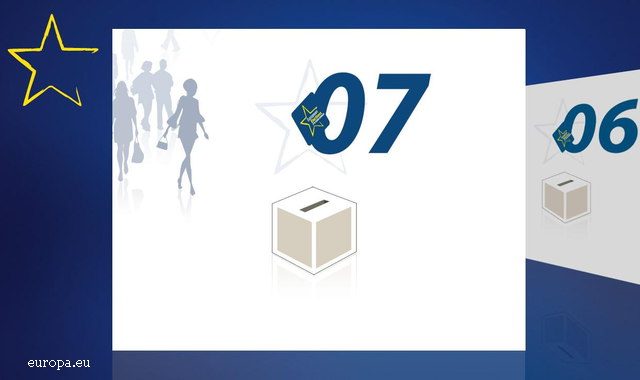European Parliament Election Campaign – coming to an end
15 political parties and 8 independent candidates are competing for the 32 places Romania is entitled to in the European Parliament.

Ştefan Stoica, 19.05.2014, 14:24
In Romania the campaign for the European Parliament elections due on May 25th is drawing to a close. There has been nothing spectacular about this campaign and the political parties have failed to increase the public’s interest in these elections. This is strictly their fault as they treated these elections as a warming up for the presidential elections due in November. In this context, the results anticipated by opinion polls are unlikely to undergo dramatic changes.
According to a survey run by the Centre for Political Studies and Research between May 12th and 14th on a group of 1,800 people with an error margin of 3.1%, the electoral alliance made up of the Social Democratic Party, the National Union for the Progress of Romania and the Conservative Party, a leftist alliance that also dominates the government majority, ranks 1st in the Romanians’ preferences with 41% of voters’ choice. It is followed by center-rightist parties: the National Liberal Party with 15%, the Liberal Democratic Party with 12% and the pro-presidential party the People’s Movement Party with 9%.
The Democratic Union of Ethnic Hungarians in Romania, in the governing coalition, is credited with 6% of the voting intentions. An analysis made by the non-governmental body the Institute for Public Policies shows that almost half of the mandates Romania is likely to obtain will reach the socialists group to which the Social Democratic Party is affiliated. According to the aforementioned analysis, the European People’s Party will win the votes obtained by the Romanian Liberal Democratic Party, the Democratic Union of Ethnic Hungarians in Romania and most likely the People’s Movement Party.
According to current estimates, the 3 Romanian parties could send to the European Parliament 9 MEPs. The Institute for Public Policies shows that this election campaign has not fundamentally changed the voters’ political options, either at European level or at national level. The organization says it has taken into consideration the most credible surveys made across Europe and the estimated results for the European Parliament elections remain very tight, with 28% of the votes going to the European People’s Party and 27% to the Socialists.
Under these circumstances, the Institute for Public Policies believes that the new structure of the European Commission will be decided only through close cooperation of the two winning groups and also of the Alliance of Liberals and Democrats for Europe to which the Romanian National Liberal Party is affiliated.
The Socialists and the European People’s Party are expected to share the 3 main positions in the European Executive, namely the presidency of the European Commission, the presidency of the European Council and the position of High Representative for Foreign Affairs and Security Policy, in a 2+1 format, depending on the results obtained in the elections. On the other hand, the Institute for Public Policies estimates that the Alliance of Liberals and Democrats for Europe, the 3rd largest group, alongside the Conservatives and the Greens, are expected to lose most seats. As regards the group of Euro skeptics and radicals, it maintained the same popularity rating in the voters’ preferences as before the European Parliament election campaign.






























